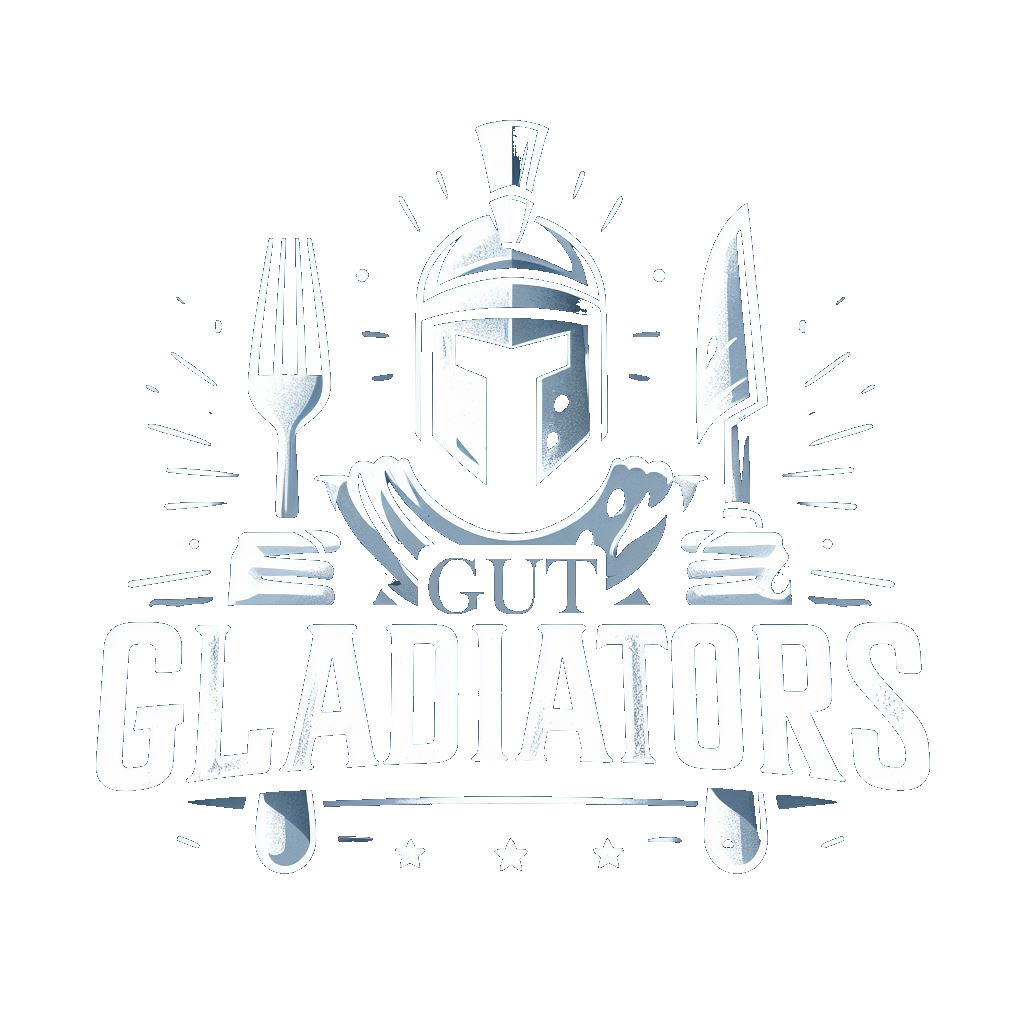Food intolerances are often overlooked when it comes to fitness, but they can have a significant impact on your performance and results.
Whether you’re struggling to lose weight, build muscle, or improve your overall fitness level, understanding and addressing your food intolerances can be the key to unlocking your full potential.
Understanding Food Intolerances
Food intolerances, also known as non-IgE mediated food hypersensitivity or non-allergic food hypersensitivity, refer to difficulty in digesting certain foods. It is important to note that food intolerances are different from food allergies. The symptoms of food intolerance generally take longer to emerge, compared to food allergies, often appearing several hours after ingesting the offending food or food component.
Common examples of food intolerance include lactose intolerance, gluten intolerance, and FODMAPs intolerance. Symptoms can range from mild (such as bloating and stomach discomfort) to severe (such as joint pain and chronic fatigue).
The Impact on Fitness
Food intolerances can affect fitness in several ways:
1. Nutrient Absorption: If you’re intolerant to certain foods, your body may not be able to fully absorb the nutrients it needs for optimal performance. This can lead to deficiencies that hinder muscle growth and recovery.
2. Inflammation: Certain food intolerances can cause inflammation in the body, which can lead to weight gain and difficulty losing weight. Inflammation can also affect your energy levels and recovery times.
3. Digestive Issues: Symptoms like bloating, gas, and stomach discomfort can directly impact your comfort during workouts.
Managing and Overcoming Food Intolerances
Here are some practical tips for managing and overcoming food intolerances:
1. Identify Your Triggers: The first step is identifying which foods cause problems. This can be done through an elimination diet or with the help of a healthcare professional.
2. Plan Your Diet: Once you know what foods to avoid, plan a balanced diet that provides all the necessary nutrients. You may need to find alternatives for certain foods.
3. Consider Supplementation: In some cases, supplements can help fill nutritional gaps caused by avoiding certain foods.
4. Stay Hydrated: Proper hydration can help manage symptoms of food intolerances.
5. Seek Professional Help: If you’re struggling with managing your food intolerances, consider seeking help from a dietitian or nutritionist.
Remember, everyone’s body is unique and what works for one person may not work for another. It’s important to listen to your body and make dietary adjustments that suit your individual needs.

